
In brief
In this Observatory Sighting, Shift’s Innovation Director Tayo Medupin explores the potential of a more people-powered future, and highlights the underinvestment in individuals stepping up and stepping in to help others in their community. We’ll be hosting a conversation on this topic on 15/09 at 4-5.30pm and would love it if you’d join us.
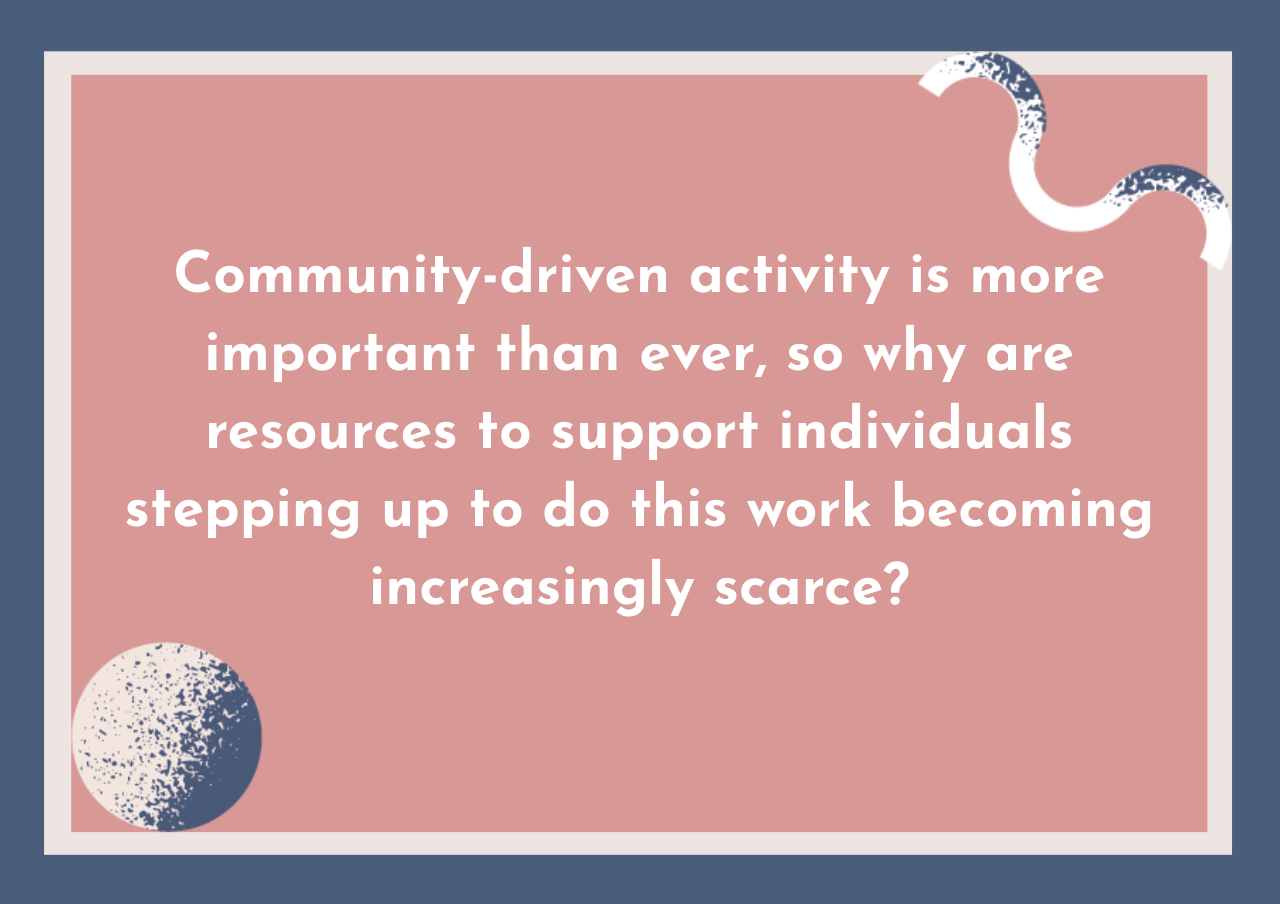
At the start of this great wind down, Shift were approached by Peter Grigg CEO of Homestart UK to explore what the sub sector of civil society organisations supporting families could do to support parents giving birth throughout lockdown. This was an urgent question at the time, and arguably still is. To contribute to this response Shift worked with Homestart and a network of 16 civil society organisations including Family Action, The Centre for Parent and Child Support (EPEC), Parents 1st, Oxford Parent Infant Partnership to facilitate a rapid(ish) design process to identify what this support could be.
We were clear from the start that we wanted something that would:
- support parents urgently
- avoid duplicating existing efforts
- avoid competing for the incredibly scarce resources available
- support the sector to deliver better support as a whole
- sustain beyond our involvement
Within this work, in light of the creative constraints of the brief, we identified the critical role of independent individuals across the UK who routinely step up to support parents within their virtual, physical, religious, identity-based and experience-based communities.
We were compelled by how often they were referenced as critical to delivering adequate support (especially to parents less considered or understood by formal services) but we were equally compelled by how few resources were made available to these groups.
This sparked a question that I became obsessed with throughout this work.
Community-driven activity is more important than ever, so why are resources to support individuals stepping up to do this work becoming increasingly scarce?
I became obsessed because as a design thinker, black person and woman I’m always drawn to the squidgy parts of systems which expose where power sits and the things that hold it in place.
I’m intrigued by signals of persistent inequality, by what we value and what we don’t. I’m compelled by what we perceive as ‘legitimate’ and I am mindful of the fine balance between ‘empowerment’ and exploitation.
All of these things (to me anyway) felt present in this question because across the UK hundreds, or perhaps even thousands of people*, are stepping into community caring roles in a society which typically undervalues care.
Over the next few months, as we all grappled with the impact of COVID-19 and the civil rights movement spearheaded by Black Lives Matter, we reconciled with the fact that if we couldn’t do something fast, we could aim ourselves at something systemic. We ran an open design process (which you can follow here) to explore why it’s important to demonstrate recognition and support to those who look after parents in their community, and what it could look like if a sub sector truly embraced the importance of individuals who care.
Through this work we tested many ways to achieve this. We explored four initial concepts co-developed with collaborators and brought to life by the talented Harry Hurd from Clear Honest Design.
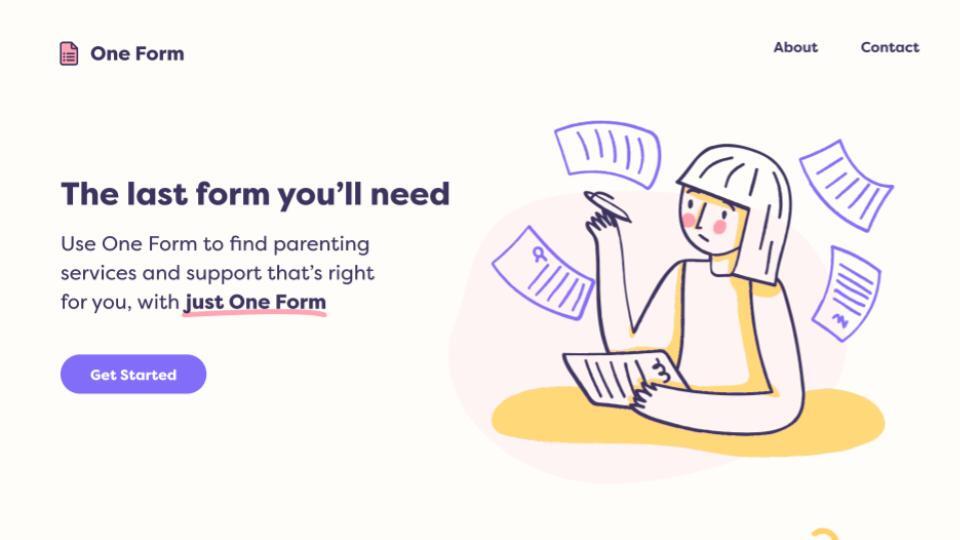
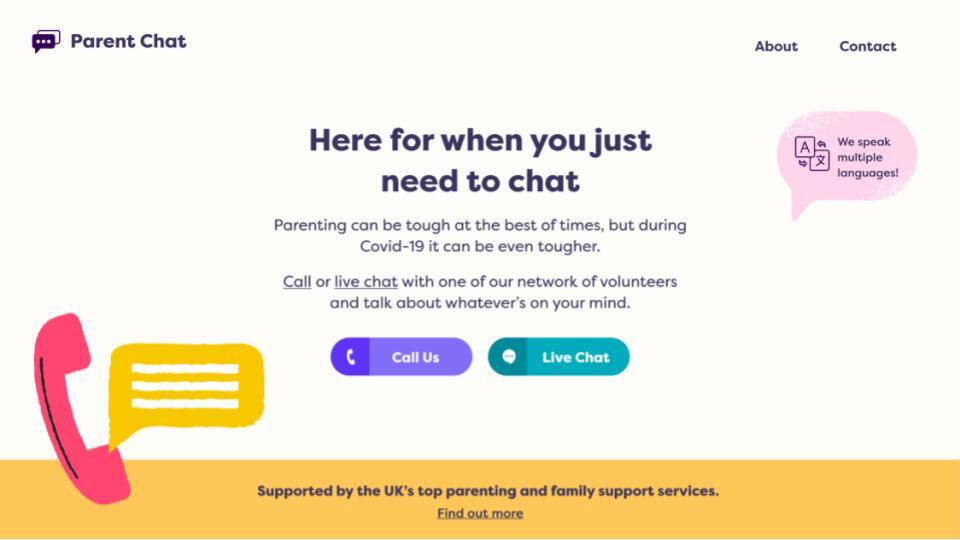
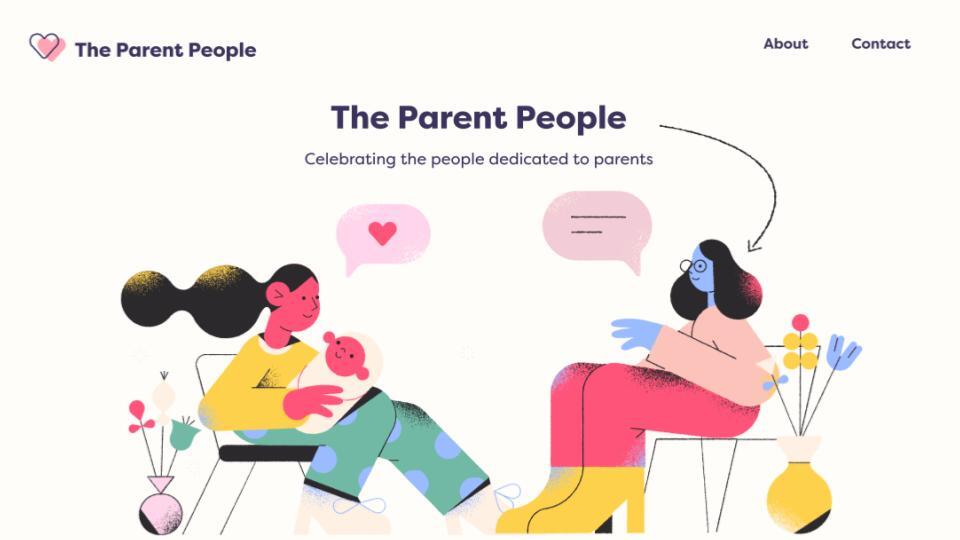
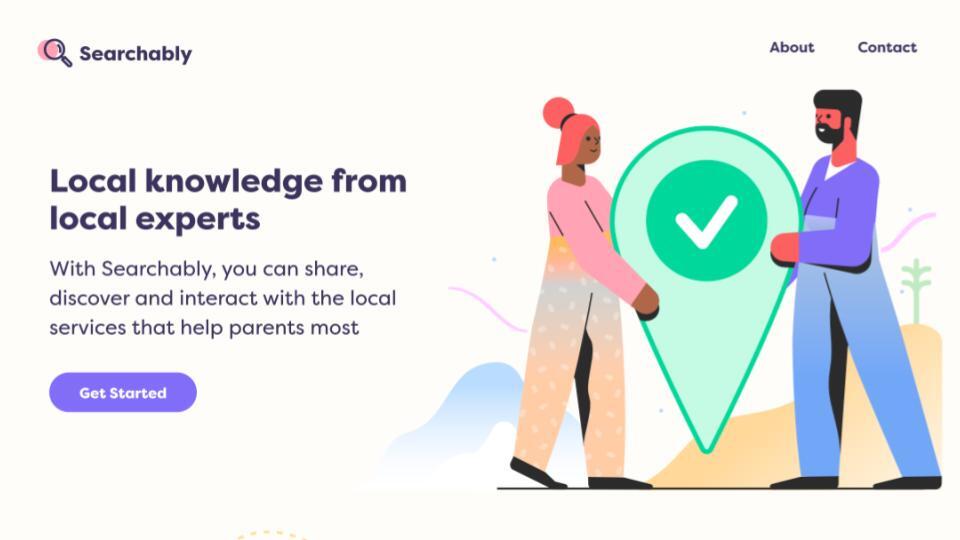
Within that mix of concepts (many of which I would still love to explore if anyone’s interested) the one that we became collectively compelled by was Parent People – a look at how we could recognise, support and place power in the hands of those trusted individuals who support parents through everything from one on one support to campaigning and advocacy.
We like this concept because, while challenging to the sector because it exposed legitimate fears about safeguarding, delivering support not based on evidence, and the risk of undermining the importance of professional services, it felt generative. It felt as though it had the potential to unlock the capacity the sector needed to support the families of the 600,000 babies born each year and invest in the infrastructure required to drive parent powered practice.
It felt like it addressed structural imbalances between those who hold community trust versus those who hold institutional power and resources. It also felt like it could address (or at least start addressing) what one ‘parent person’ described as “an exploitation of trauma* with none of the thanks”*.
*This trauma she described is often the currency used to build trust and is one of the reasons why community care is so successful in engaging and supporting parents.
While this idea is just a small nudge in the direction we want to travel we loved the politics and subversion in this innocent offer. The act of using the personal pleasure and self-care as the political, something that has been written about and documented by activists, black feminist and African American writers and since the 1930s. We also loved the simple care of it.
The idea of acknowledging, appropriately valuing and supporting the work of advocacy, of campaigning, of supporting, holding, helping, calling, signposting, texting, shopping, listening, posting, streaming, sharing and reassuring. Valuing and supporting the work of care.
Join us on Tuesday 15th September to explore:
- What resources do individuals who provide community care need and deserve? Where have you seen these sorts of resources being made available?
- What could a future look like where resources are more abundant and available to those who are stepping into caring and community organising roles?
- When does community-based action become exploitative? What does this mean for our most vulnerable communities?
We hope to see you there.
